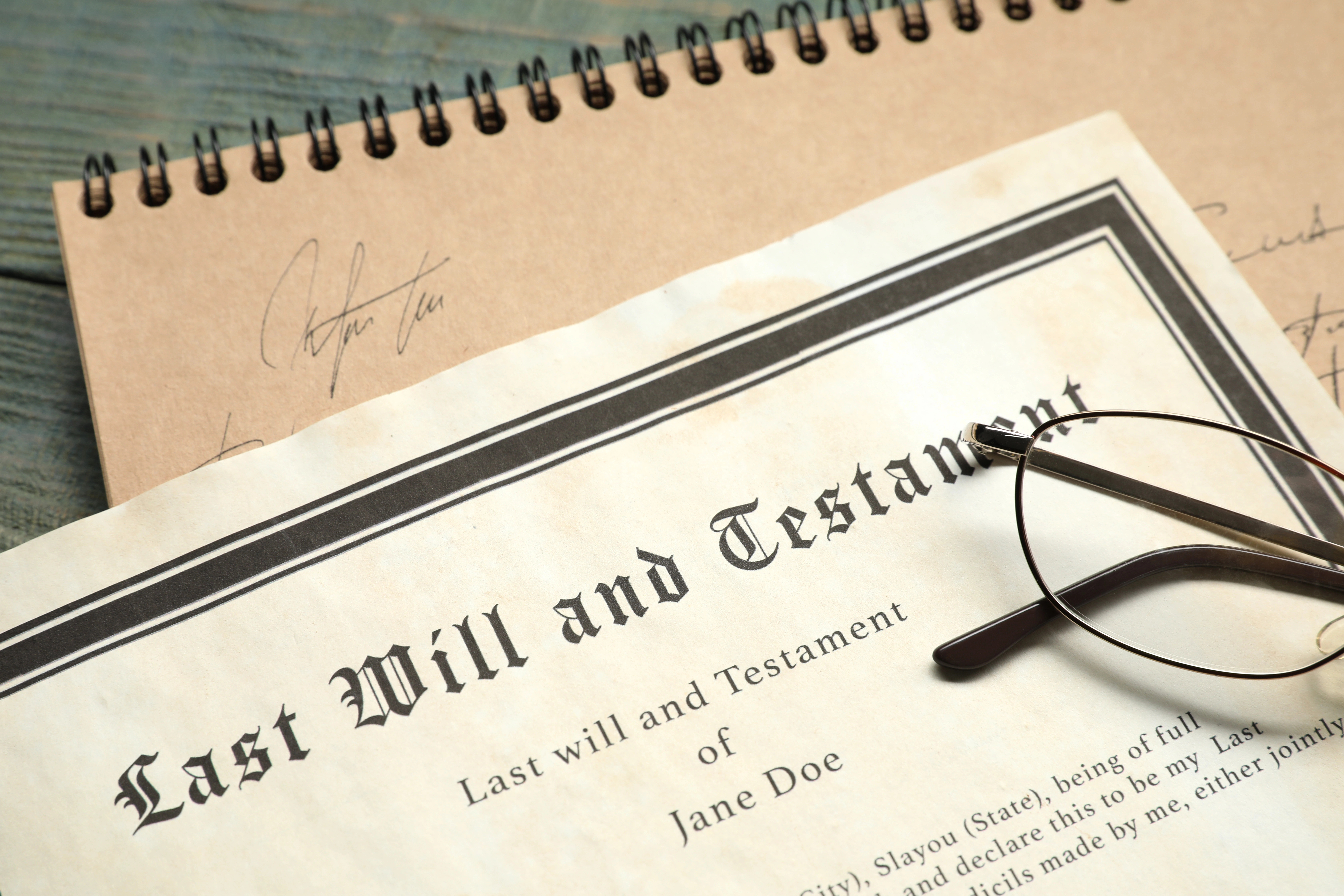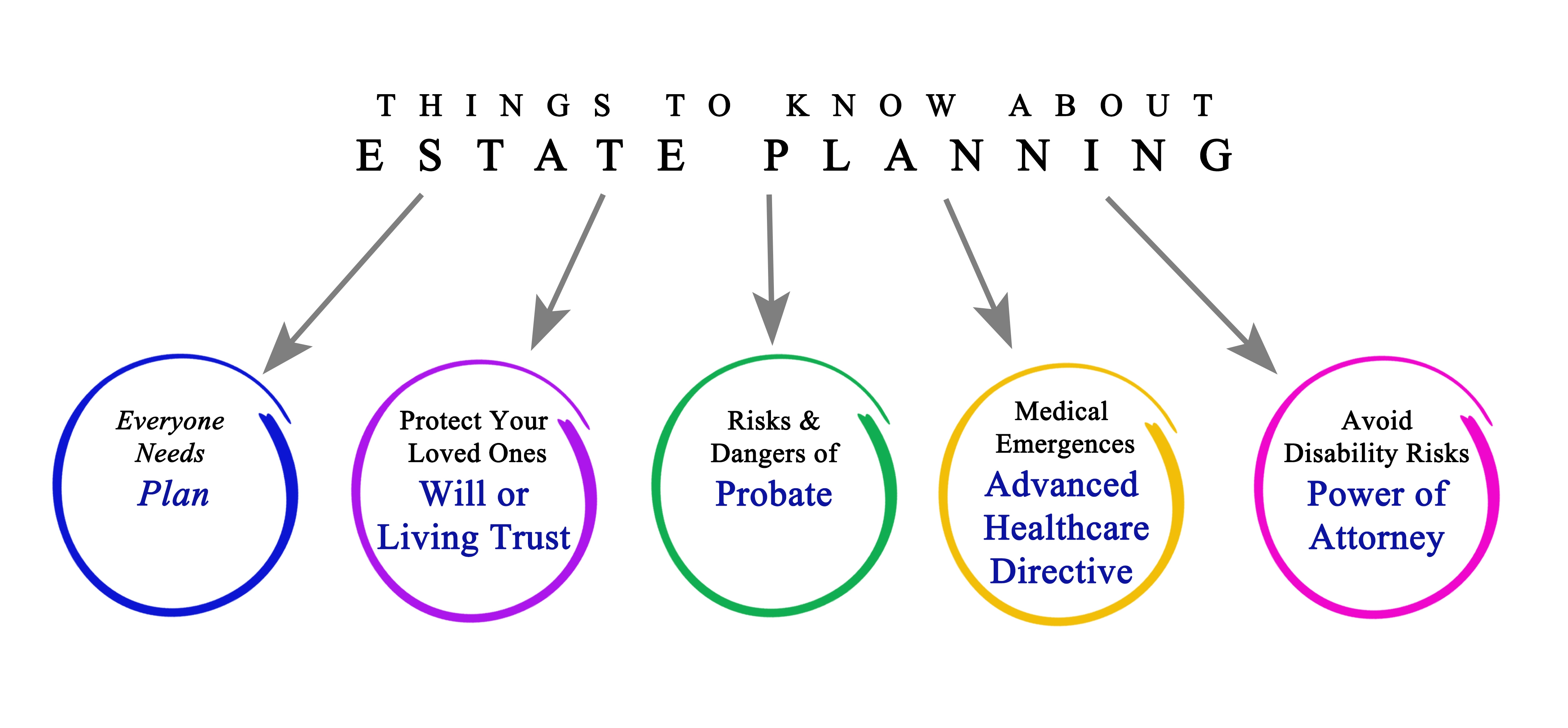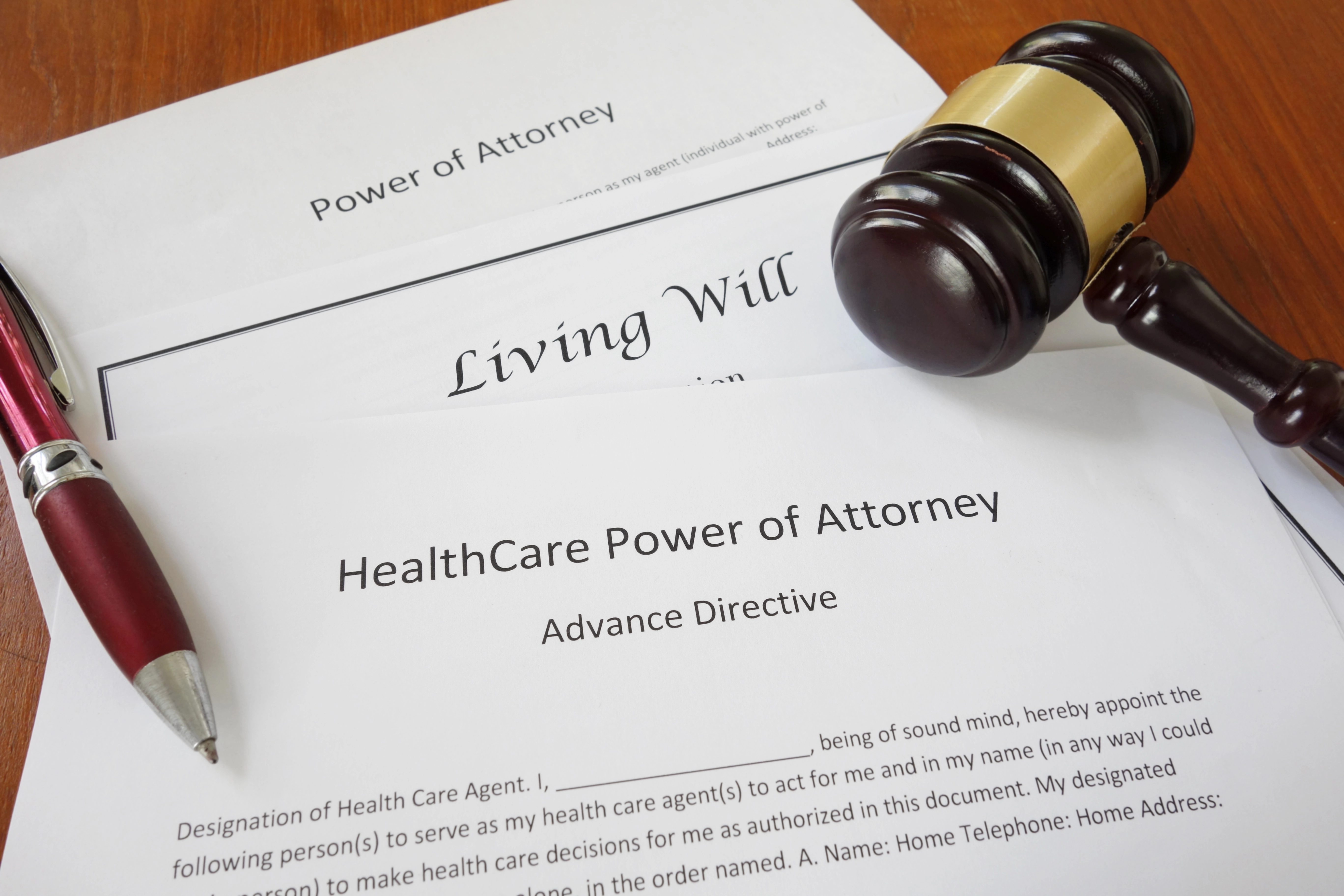Avoiding the $50,000 Mistake: Essential Tips for New York Wills and Estate Planning
Navigating the complexities of New York wills and estate planning can be a daunting task, filled with potential pitfalls that could lead to the dreaded $50,000 mistake. For those embarking on the journey of estate planning, understanding the intricacies of will validity and testamentary capacity is crucial to safeguarding your legacy. Many common will mistakes arise from a lack of knowledge about the specific legal requirements in New York, which can complicate the probate process and jeopardize your intentions. In this guide, we will explore essential tips to help you avoid these costly errors, ensuring your estate plan is both effective and secure. Whether you’re just starting out or revisiting your plans, this information is key to protecting your assets and ensuring peace of mind.## Understanding New York Wills
New York wills are legal documents that require careful consideration and attention to detail. This section explores common mistakes, validity requirements, and the crucial concept of testamentary capacity.
Common Will Mistakes
Many New Yorkers make errors when creating their wills, which can lead to complications during probate. These mistakes often stem from a lack of understanding of state specific laws.
One frequent error is failing to update the will after major life changes. Marriages, divorces, and births can significantly impact estate distribution, making regular reviews essential.
Another mistake is improper witnessing. New York law requires two witnesses for a valid will, and these witnesses must sign in the presence of the testator and each other.
Unclear language or contradictory clauses can also cause problems. Vague instructions or conflicting statements may lead to disputes among beneficiaries and delay the probate process.
Ensuring Will Validity
A valid will in New York must meet specific legal criteria to be enforceable. Understanding these requirements is crucial for creating an effective estate plan.
The testator must be at least 18 years old and of sound mind when creating the will. The document must be in writing and signed by the testator at the end.
Two witnesses must observe the testator signing the will or acknowledging their signature. These witnesses should then sign the will themselves, ideally including their addresses.
It’s advisable to include a self proving affidavit, which can simplify the probate process. This document, signed by the testator and witnesses, confirms the will’s validity without requiring witness testimony in court.
Importance of Testamentary Capacity
Testamentary capacity refers to a person’s legal and mental ability to make or alter a valid will. This concept is fundamental in New York estate law.
To have testamentary capacity, an individual must understand the nature and extent of their property, recognize the natural objects of their bounty (typically family members), and comprehend the disposition they’re making of their property.
Lack of testamentary capacity can be grounds for contesting a will. Factors such as dementia, severe illness, or undue influence may affect capacity.
Documenting mental state at the time of will creation can help prevent future challenges. This might include a physician’s statement or video recording of the will signing.
Navigating Estate Planning
Estate planning in New York involves more than just creating a will. This section covers strategies to avoid costly mistakes, protect assets, and prepare for the probate process.
Avoiding the $50,000 Mistake
The “$50,000 mistake” refers to the potential financial loss that can occur when a will is improperly prepared or executed. This mistake can lead to increased legal fees, taxes, and probate costs.
One way to avoid this error is to ensure all assets are properly accounted for in the will. Overlooking valuable items or accounts can complicate distribution and increase probate expenses.
Another strategy is to consider alternatives to traditional wills, such as living trusts. These can help bypass the probate process for certain assets, potentially saving time and money.
Regular review and updating of estate plans is crucial. Life changes, asset acquisitions, and legal updates can all impact the effectiveness of a will.
Key Steps to Protect Assets
Protecting assets is a vital part of estate planning. Taking the right steps can help ensure your wealth is preserved and distributed according to your wishes.
Create a comprehensive inventory of all assets, including real estate, investments, and personal property.
Consider establishing trusts to manage and protect specific assets or provide for beneficiaries with special needs.
Review and update beneficiary designations on life insurance policies, retirement accounts, and other financial instruments.
It’s also important to consider potential tax implications. Strategies such as gifting or creating charitable trusts can help reduce estate taxes while benefiting loved ones or causes you care about.
Lastly, don’t forget to plan for potential incapacity. Documents like healthcare proxies and powers of attorney can ensure your wishes are respected if you’re unable to make decisions.
Preparing for the Probate Process
Probate is the legal process of validating a will and administering an estate. Understanding and preparing for this process can help minimize stress and complications for your beneficiaries.
Start by organizing all important documents, including the will, financial statements, and property deeds. Keep these in a secure but accessible location and inform your executor of their whereabouts.
Consider writing a letter of instruction to accompany your will. This can provide guidance on personal property distribution, funeral wishes, and other details not typically included in a formal will.
Familiarize yourself with New York’s probate laws and timelines. This knowledge can help you structure your estate plan to potentially avoid or simplify probate for certain assets.
Seeking Expert Guidance
Professional advice is invaluable when navigating the complexities of New York wills and estate planning. This section explores the benefits of expert help and how to choose the right advisor.
Benefits of Professional Help
Engaging a legal professional for estate planning offers numerous advantages. Their expertise can help you avoid costly mistakes and create a comprehensive plan tailored to your needs.
An experienced attorney can identify potential issues you might overlook, such as tax implications or complex family situations. They can suggest strategies to minimize taxes and protect assets.
Professional guidance ensures your will and other documents comply with New York laws. This can reduce the risk of challenges to your will and smooth the probate process for your beneficiaries.
Legal experts can also help you navigate complex situations, such as blended families, business ownership, or international assets. Their knowledge can be crucial in addressing these unique challenges.
Choosing the Right Legal Advisor
Selecting the right legal advisor for your estate planning needs is a critical decision. Look for an attorney with specific experience in New York wills and estate law.
Consider the attorney’s qualifications, including their education, years of experience, and any specialized certifications in estate planning. Professional associations and peer reviews can provide insights into their reputation.
Communication style is also important. Choose an advisor who explains complex legal concepts clearly and is responsive to your questions and concerns.
Don’t hesitate to interview multiple attorneys before making a decision. Many offer initial consultations, allowing you to assess their expertise and determine if they’re a good fit for your needs.
Peace of Mind Through Consultation
Consulting with a legal professional can provide peace of mind in your estate planning journey. It offers reassurance that your affairs are in order and your wishes will be respected.
During a consultation, you can discuss your specific situation, concerns, and goals. This allows the attorney to provide tailored advice and suggest appropriate strategies.
A professional can help you anticipate and plan for potential challenges, such as family disputes or changes in tax laws. This proactive approach can prevent future complications.
Regular consultations can ensure your estate plan remains up to date and effective. As your life circumstances change, your legal advisor can help you adjust your plan accordingly.







